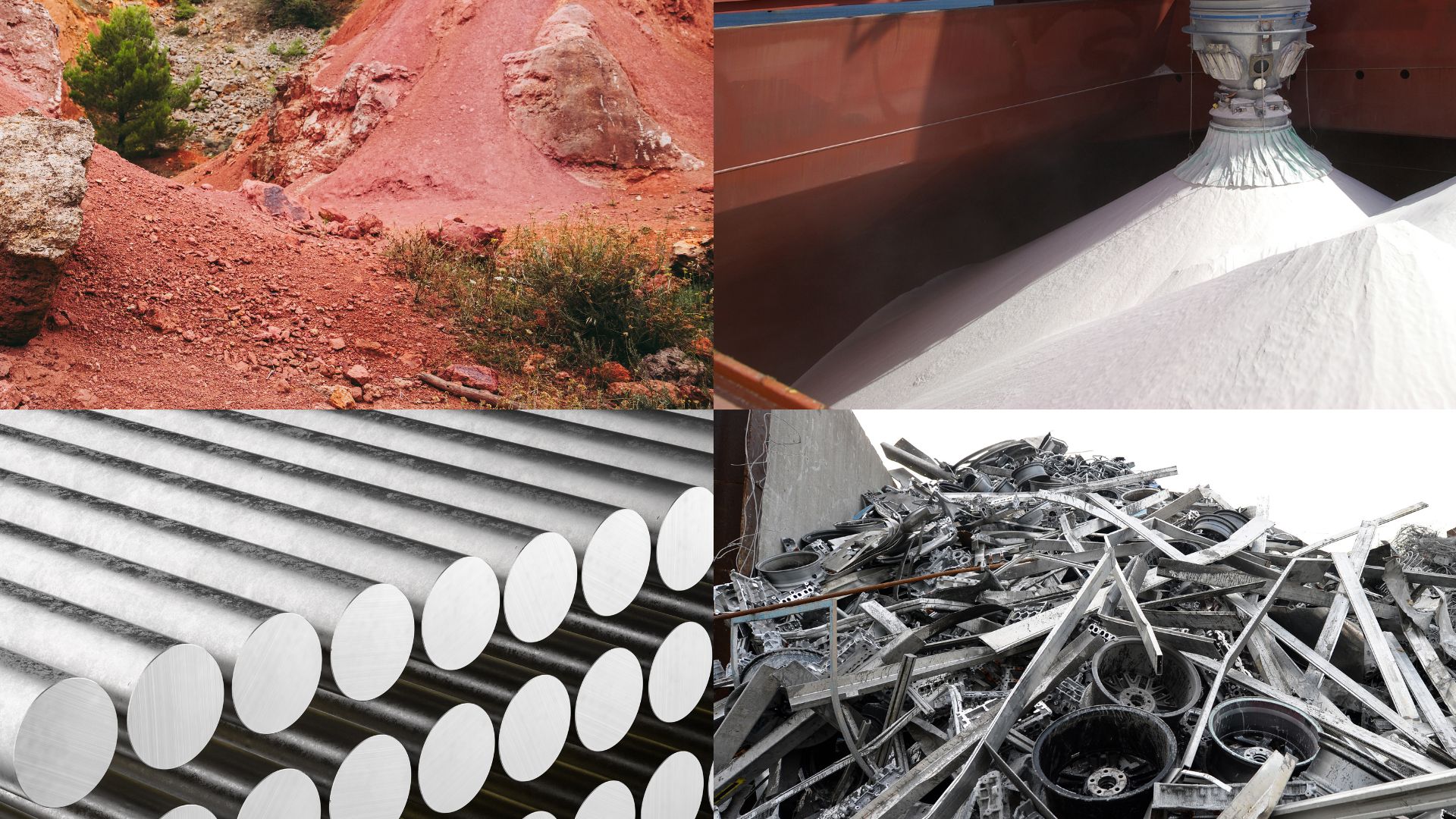2024 was a year of innovations, investments, developments, and expansions in the global aluminium industry while navigating economic and supply-chain challenges. Many significant acquisitions, collaborations, and even disruptions reshaped the industry landscape in 2024, offering a learning experience for the market to make timely decisions and actions.

The most significant event that altered the dynamics of the aluminium industry was bauxite supply disruptions from Guinea due to several back-to-back reasons throughout the year. At the beginning of 2024, bauxite miners in Guinea initiated a nationwide strike that caused closures of businesses and supply chain disruptions in the mining and metal sector. The strike stemmed from three unfulfilled demands, including increased wages, the removal of internet restrictions, and the liberation of a detained trade union leader. A few months later, unfavourable weather conditions in Guinea further worsened the supply chain condition, resulting in China’s reduced bauxite imports, increased operation costs for refineries, and alumina price rally to as high as RMB 4,630 ($655) per tonne on the Shanghai Futures Exchange in October.
There was a further impact on the global alumina market following the announcement of force majeure by Rio Tinto on alumina shipments from the Queensland refinery due to a gas shortage following an incident on the Queensland gas pipeline in early March 2024. This event further squeezed alumina supplies in the Chinese market, causing price hikes as Australia is the primary ore supplier to China.
China has cancelled export tax concession on aluminium. This decision was announced in November and came into effect on December 1, 2024. Soon after the announcement, the market dynamic instantly evolved, leading to a surge in China’s domestic aluminium prices, given that tax rebates cover more than 5 million tonnes of metal exports worth RMB 17.7 billion. The announcement also resulted in a 7 per cent rise in aluminium prices on the London Metal Exchange and heightened share prices of aluminium companies located outside China. For instance, Indian aluminium giants NALCO, Hindalco, and Vedanta witnessed a 7 per cent share growth after the announcement, while Press Metal experienced a 7.5 per cent increase.
The decision of the Indian government to impose anti-dumping duties on Chinese anodised aluminium frames used in solar components is anticipated to strengthen the domestic aluminium industry by limiting low-cost imports. This decision is also expected to improve market opportunities for local producers, promoting self-reliance within the sector. The Aluminium Association of India has also supported this measure brought by the Indian government.
Ahead of the 2025 budget, the aluminium industry also seeks higher import duties of per cent instead of 7.5 on primary and downstream aluminium for stronger trade protections. It also proposes a uniform 7.5 per cent duty on aluminium scrap to limit the influx of low-quality imports that affect domestic manufacturers.
The majority stake acquisition in Spectro Alloys by Emirates Global Aluminium (EGA) has created quite a sensation in the secondary aluminium industry, as this marks a strong position for EGA in the global market. The acquisition of the American secondary aluminium company instantly boosts EGA’s metal production in the United States, which is already one of EGA’s key markets. In 2023, the company sold around 550,000 tonnes of primary aluminium in the U.S. alone, the second-largest market for recycled aluminium globally.















